Register for free and continue reading
Join our growing army of changemakers and get unlimited access to our premium content
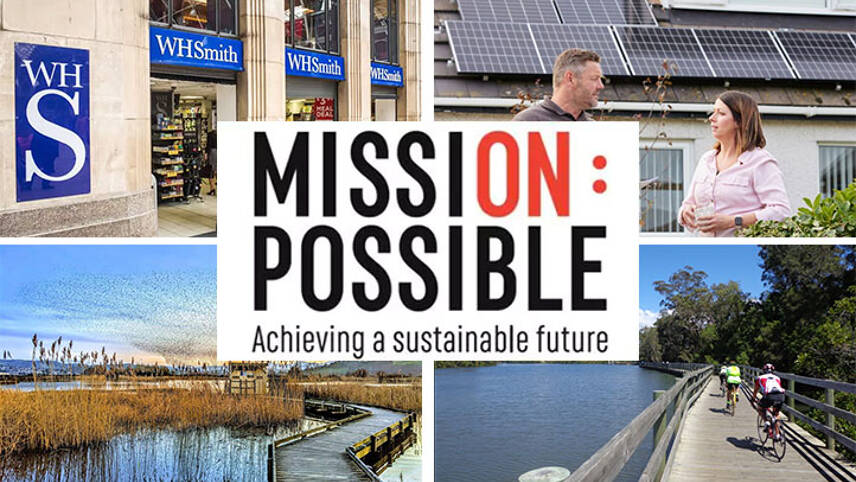
Published every week, this series charts how businesses and sustainability professionals are working to achieve their ‘Mission Possible’ across the campaign’s five key pillars – energy, resources, infrastructure, mobility and sustainability leadership.
Across the UK and across the world, leading businesses, cities, states and regions are turning environmental ambitions into action. Here, we round up five positive sustainability stories from this week.
ENERGY: Records broken for small-scale renewables deployment in Wales
Back in August, British renewable industry standards body MCS revealed that record numbers of homes installed heat pumps and solar panels in the first half of the year. More than 122,555 homes invested in these technologies, and/or battery energy storage systems.
MCS is this week celebrating another milestone – the cumulative installation of more than 100,000 MCS-certified small-scale renewable energy solutions at homes and businesses in Wales.
Numbers have been tracked since 2008 and MCS has seen a significant uplift in installations in Wales in the 2020s. It overtook Scotland in deployment levels in 2021 and is also set to outperform Scotland this year, which is significant given Scotland’s typically outstanding deployment pace.
MCS has attributed the uptick to the Welsh Government’s Warm Homes Nest Scheme, which offers funding to individual homeowners, landlords and social landlords to install heat pumps and solar panels.
“These grants and loans are clearly having an impact on the rise of renewables in Wales, where homeowners are investing in greener energy, resulting in more homeowners investing in home-grown energy than anywhere else in the UK,” said MCS chief executive Ian Rippin.
RESOURCES: WHSmith launches book buy-back scheme
Around one-fifth of all waste that ends up in landfill from the UK is paper-based and books and other documents account for the majority of this waste.
To help address this issue while also boosting access to books in the cost-of-living crisis, British retailer WHSmith has launched a book buy-back scheme in partnership with used books industry service provider Zeercle.
Customers apply online to learn the value of their books for trade-in, then take them to their nearest WHSmith high street store where they will be exchanged for a gift card equivalent to the trade-in value. The credit can be spent in-store or online. Any books not suitable for resale can be recycled for free.
WHSmith’s group commercial development director Ian Sanders said: “This is a very exciting new scheme for WHSmith, and it makes great sense for our customers and our business to support a circular economy for books, as we aim to minimise our impact on the environment and support our local communities.
WHSmith isn’t the only retailer getting involved in resale as of late. A recent poll of 400 British retailers revealed that 46% offer a resale offering and 27% are considering implementing this kind of service.
MOBILITY: New South Wales boosts funding for active transport
Image: NSW Coast Cycle Trail
In a tale of tricks and treats on Halloween, the New South Wales (NSW) Government announced on Tuesday (31 October) an AUD60m boost for councils across the state to help them improve walking and cycling infrastructure.
This news hit shortly after the UK’s High Court agreed to hear a legal challenge over the Department for Transport’s decision to scale back an active transport funding commitment by 75%.
The new funding in NSW will be allocated through an existing programme, ‘Get NSW Active’, which is set to allocate AUD10m this year. Additional funding will see the scheme extended for years to come.
Councils will be able to apply for funding for new and improved cycling routes and footpaths, as well as crossings and the implementation of zones with a reduced speed limit. Tree cover for walking and cycling routes suffering from a lack of shade could also be funded.
“With an estimated 1.5 billion walking and bike riding trips taken each year across NSW, it’s vital we make it safer and easier,” said the region’s Transport Minister Jo Haylen.
THE BUILT ENVIRONMENT: New ‘Gold Standard’ launched for low-carbon procurement in the construction industry
Building materials and construction operations are estimated to account for 14% of annual global greenhouse gas emissions. While the low-carbon building focus to date has largely been on operational emissions, these embodied emissions are gaining increasing attention.
Construction Excellence has this week launched a new independent verification scheme, ‘Constructing the Gold Standard’. Developed in collaboration with Kings College London (KCL), the Standard will be granted to projects following 24 best practice recommendations for reducing carbon in procurement, contracting and site management.
The Ministry of Justice, Environment Agency, SCAPE, CHIC, LHC, Places for People and Crown Commercial Service are already piloting the scheme, which is now open for other organisations including Government departments, arms-length bodies and the private sector.
KCL-based Professor of Construction Law David Mosey said: “Integrated framework alliance contracts, the application of digital information management and the implementation of urgent action plans under existing long-term contracts are among the recommendations that the construction sector and its clients should implement to achieve the Gold Standard.”
SUSTAINABILITY LEADERSHIP: RSPB to give young people free access to its nature reserves
From Monday 6 November, those aged 16 to 24 will be eligible to access the Royal Society for the Protection of Birds’ (RSPB) estate of 200+ reserves for free. Previously, over-18s would have had to either pay an annual membership fee or a one-off ticket of around £6 per site visit.
The RSPB, which is the largest nature conservation charity in Europe, said that the organisation wants to better engage young people with nature and acknowledges that a lack of spending money may be a deterrent from young people engaging with conservation charities.
According to the UK Government’s own research, the number of children and young people accessing green spaces regularly has halved within the past decade. Aside from entry costs, access to remote locations and poor public transport were identified as the other most significant barriers.
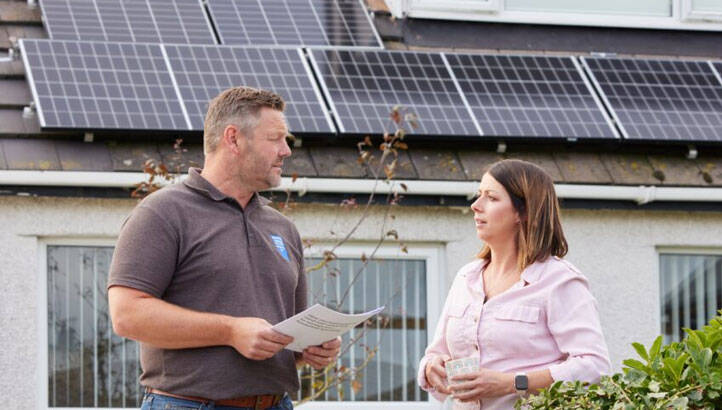
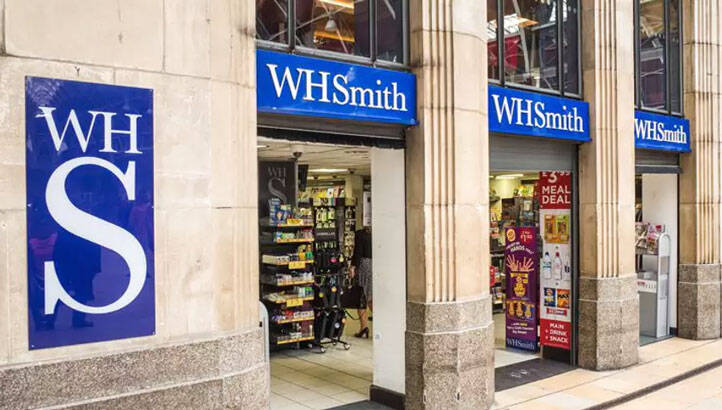
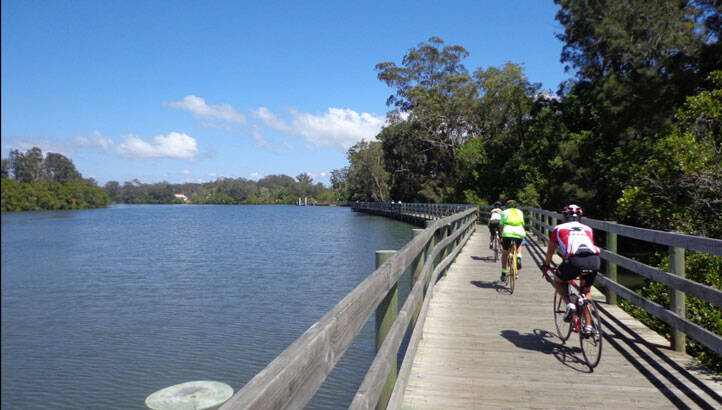

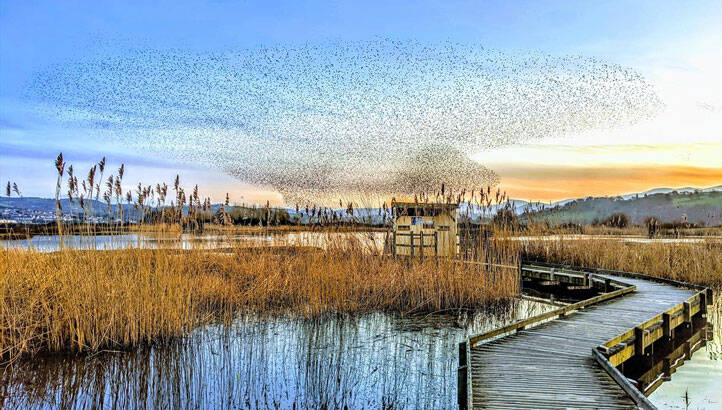


Please login or Register to leave a comment.